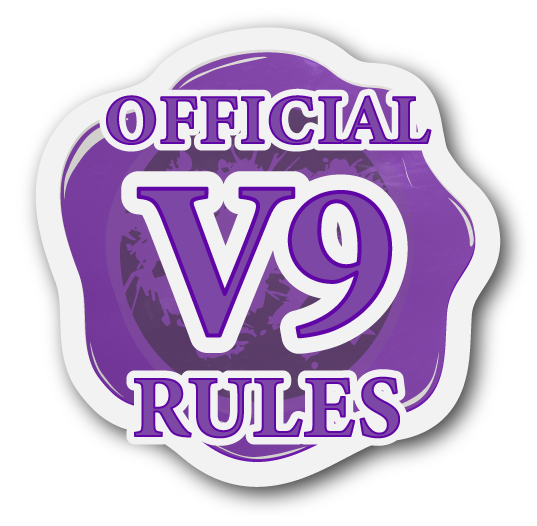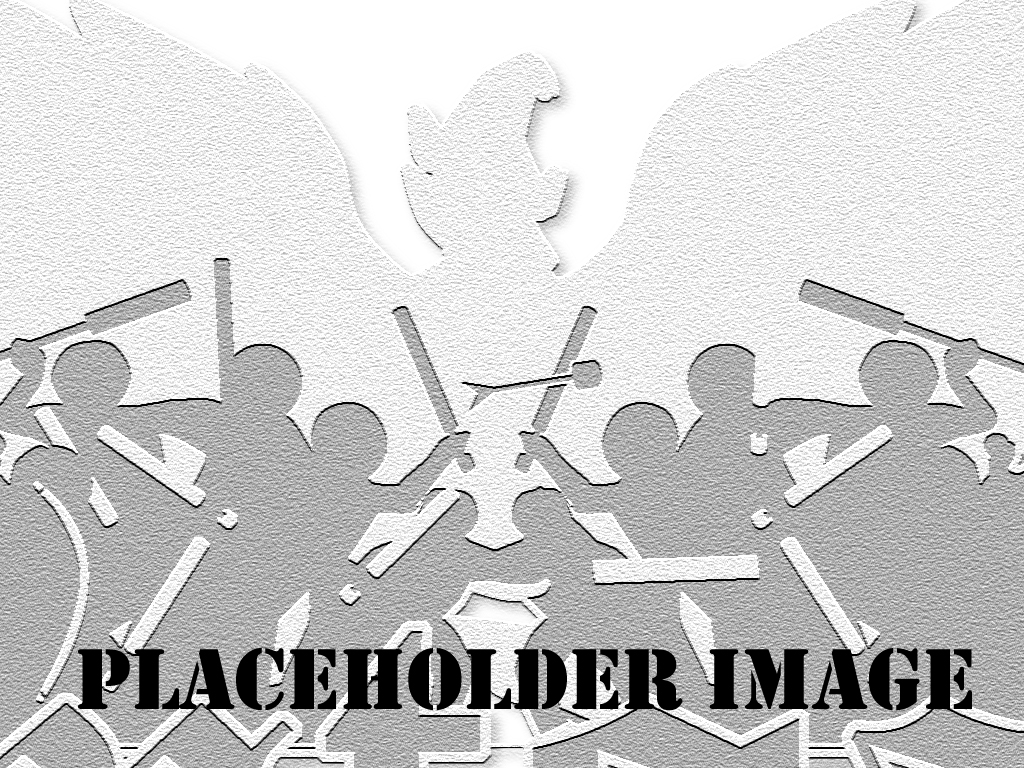V9: Honor System
- The Amtwiki is the official home and primary source for Amtgard V9 Rules as of February 25, 2023.
- These rules are currently in Open Alpha Playtest. See the Playtest Disclaimer for more details.
- To learn more about Amtgard V9 Development, please visit Amtgard.com.
- To view the current Amtgard V8 ruleset, please see the Amtgard V8 Rulebook.
The Honor System
Before you ever step onto the field, it is important that you align your expectations for how LARP, and Amtgard in particular, differs from traditional gaming and sports.
The brilliance of Amtgard combat happens when a field full of players can share the same imaginary experience together. A foam sword can sever Anne’s arm; a padded ‘fireball’ can immolate Alona’s shield; a magical incantation can bring Val back from the dead. This unique gaming experience is only possible through the willing cooperation and honorable conduct of each and every participant, friend and foe.
Amtgard puts a lot of weight on the honor system to manage it's rules because it would be logistically impossible to do what we do otherwise. Our referees, called Reeves, will do their best to keep everyone on the right track, but they simply cannot oversee each and every interaction. As such, the bulk of responsibility for honest and fair play falls upon the players themselves.
Honor System Responsibilities
To support and foster the honor system within Amtgard, there are a number of Honor System Responsibilities (HSR) that all players should strive to embody while participating in Amtgard activities.
THE GOLDEN RULE: Participate Honestly & Act Good in Faith
By its very nature, an Honor System is extremely easy to cheat and exploit. Therefore it is crucial that all players participate in good faith and trust others to do the same.
Unlike a computer, Amtgard doesn’t have a central processor to guarantee gameplay always runs as intended. Instead, each player must personally ensure the rules for their actions are executed correctly and in line with the spirit of the rules. Because of this, the execution of Amtgard rules is always going to be a bit sloppy. If you expect the accuracy of a video game or tabletop RPG, you will be disappointed more often than not.
It is up to each player to work with their peers to build better habits and positively influence the behaviors of those around them. It is only through this combined effort that we can continue to bring such a magical and memorable game to life.
Respect each other, Respect the game, and most importantly: Have Fun!
HSR #2: Tread Carefully in Gray Areas
Gray Areas are 'technically correct' applications of the rules that appear to sit on the border of intended and unintended. Unfortunately, since everyone views the game through their own lens, players may have different interpretations of where the actual line is. This is inevitable. As such, all participants should be open to respectfully discuss ambiguous rules and interactions when they occur and resolve them fairly in the moment until such a time that it can be reviewed by a rules authority or resolved by official rulebook update.
HSR #3: Foster Clarity over Confusion
Unlike mundane sports, Amtgard draws on the imagination of its players to take “real world” actions and turn them into legendary battles and wondrous feats. Many aspects of our game are imaginary and therefore invisible to other players, such as grievous wounds or mystical protections.
Players are responsible to help each other perceive the imperceptible aspects of our game and prevent rules-related confusion, even when it would be advantageous to do otherwise. We all want to know what we're walking into, and so withholding or misrepresenting details makes it difficult for players to properly engage with the game, often resulting in interactions that feel ‘cheap’ or unfair. That said, despite our best efforts this type of confusion will still occur from time to time, and when it does we all share a responsibility to avoid exploiting it for advantage and instead help the confused individual realign their perceptions with what is accurate.
HSR #4: Have Compassion in Chaos
Unlike a tabletop game, Amtgard is experienced in first-person and in real time. Whereas tabletop players can spend hours resolving a 30-second engagement (thoroughly examining the entire battlefield and several rulebooks during that time), in Amtgard those 30 seconds of combat are always done in exactly 30 seconds and different players will each see, sense, and understand those moments in their own way.
It is crucial to recognize that everyone will process this game differently. Some players will need extra time to process, acknowledge, or ask for additional information in the middle of battle. Wounds and effects may be delayed because of this and strategic timings will often be impacted. Ideally players should not suffer negative consequences nor gain an advantage from these delays, but the chaos of live combat means that sometimes these moments of real life lag will give an unintentional edge to one side or the other. While it may be frustrating at times, we must strive to be kind, compassionate, and patient; working cooperatively to resolve each engagement as it happens to the best of our ability.HSR #5: Expect Imperfection
To err is human. Every participant should expect there to be a multitude of honest mistakes made each and every battle. Estimated distances may be slightly off. Incantations may be slurred. Effects may be misremembered or misapplied. And so on.
Amtgard rules can be very complex, especially in the heat of battle, so all players share a responsibility to work through these mistakes with grace and respect.
It is important to note that this should not be taken as a license to seek advantage under the guise of ‘honest mistakes’, for we also share a responsibility to be cognizant of our mistakes and prevent repeated or egregious incidents.HSR #6: Lead by Example
All Amtgarders share a responsibility to not just embody these Honor System Responsibilities themselves, but to actively inspire others to do the same. If someone is new or having trouble, we must help them learn and grow. If someone is acting in bad faith, we must help them climb out of those bad habits without lowering ourselves to their level. If we can become beacons of honor for each other, then together our game will flourish.

